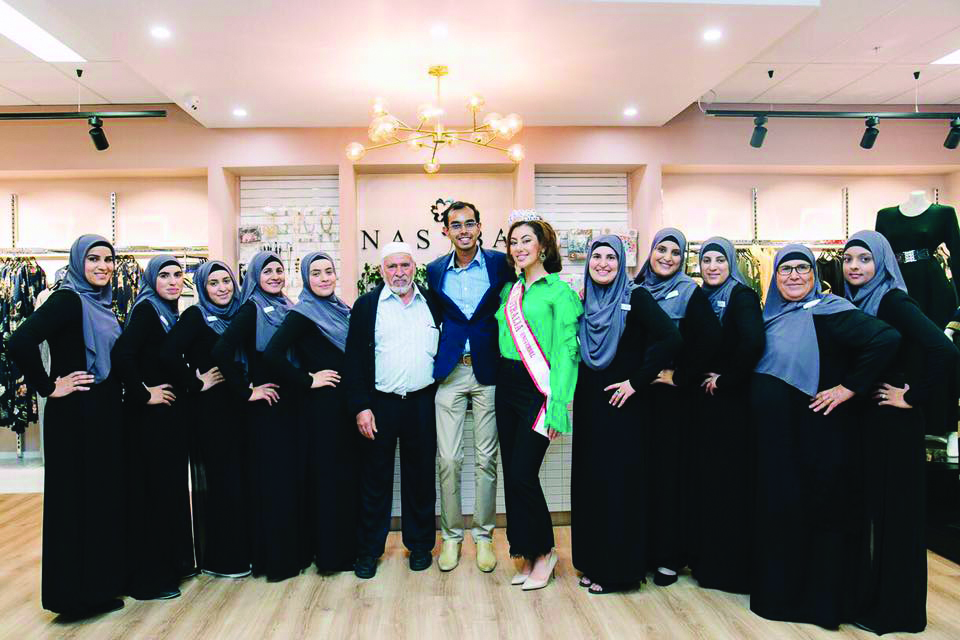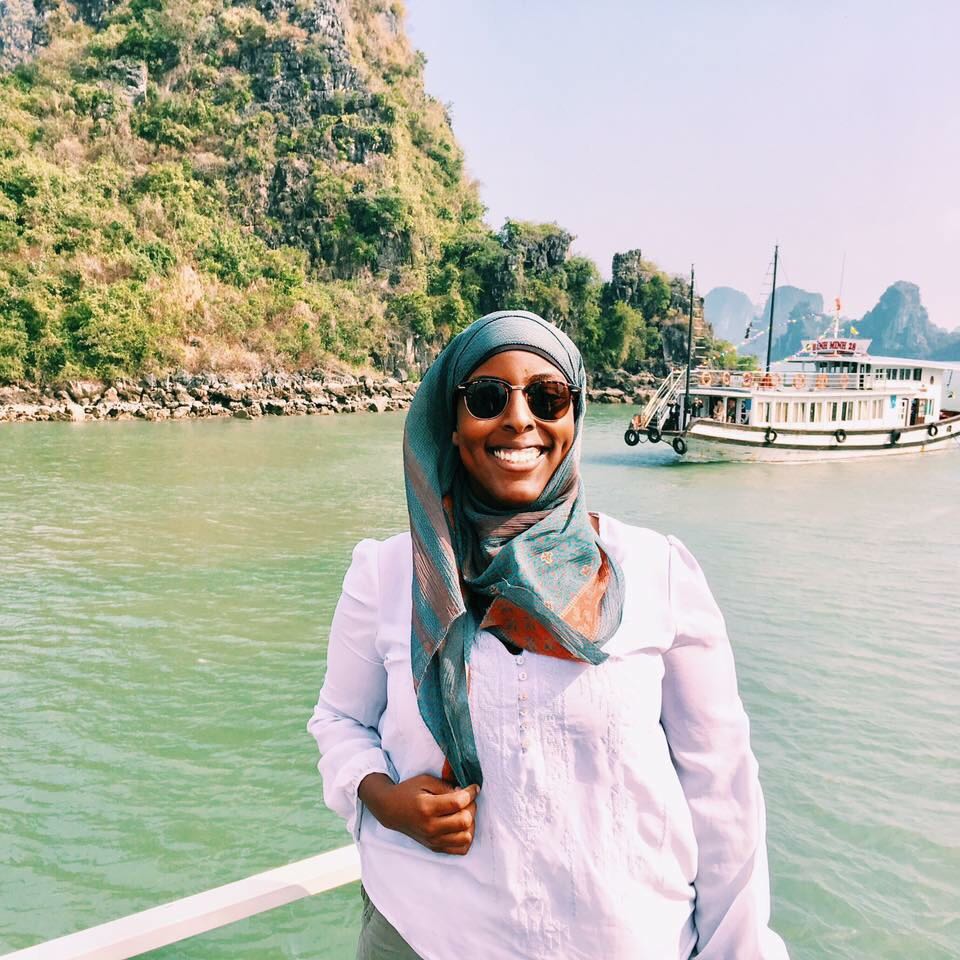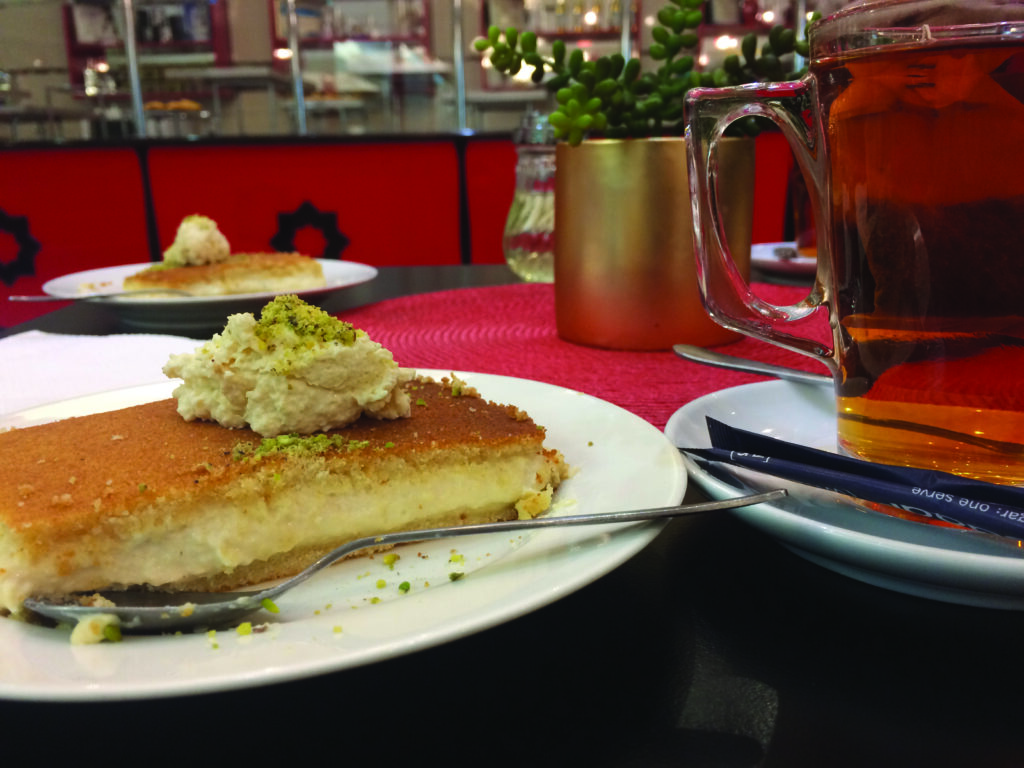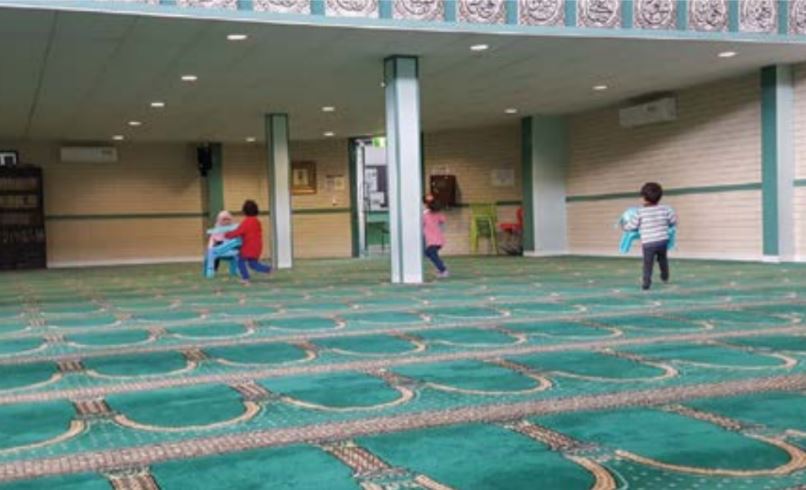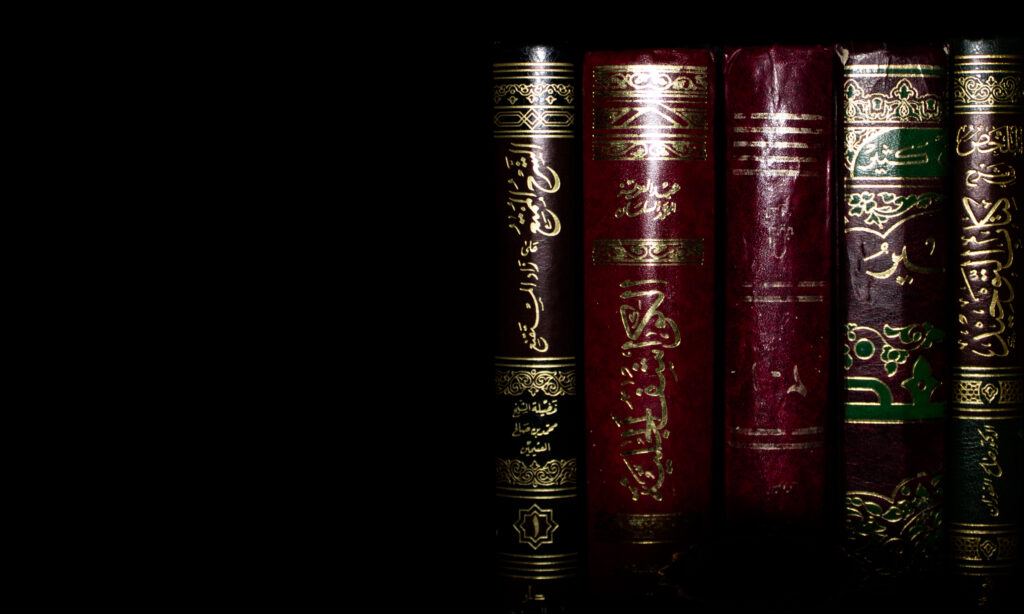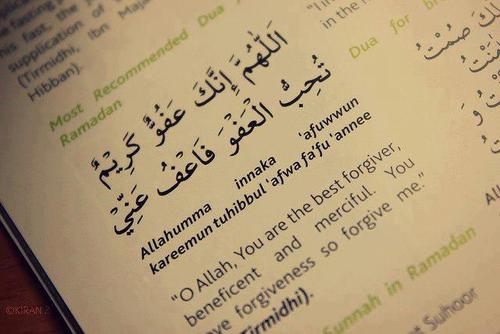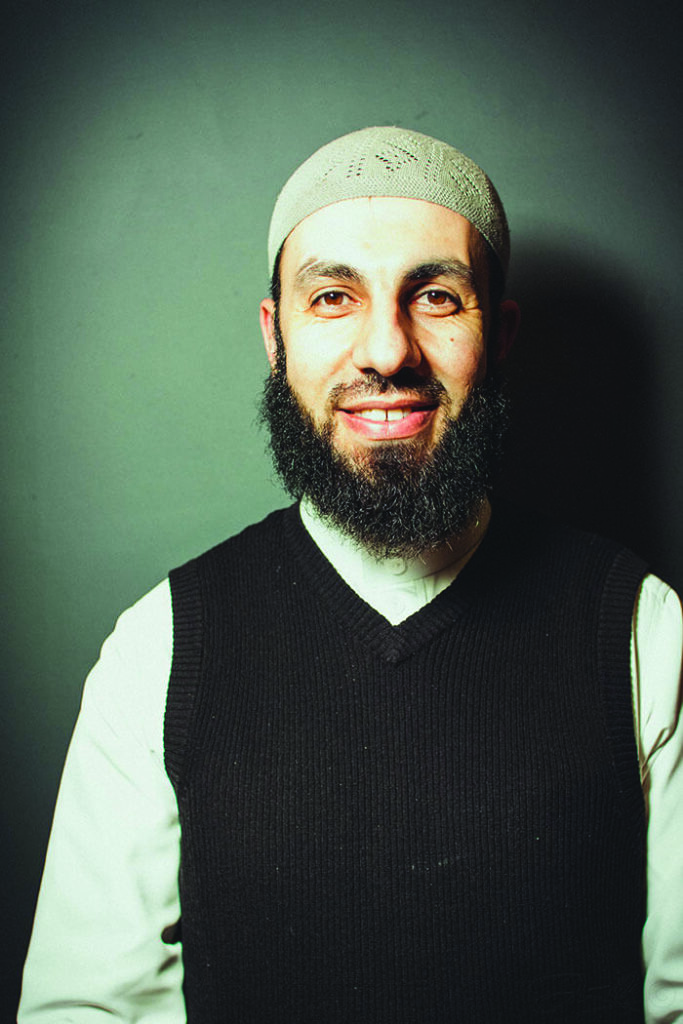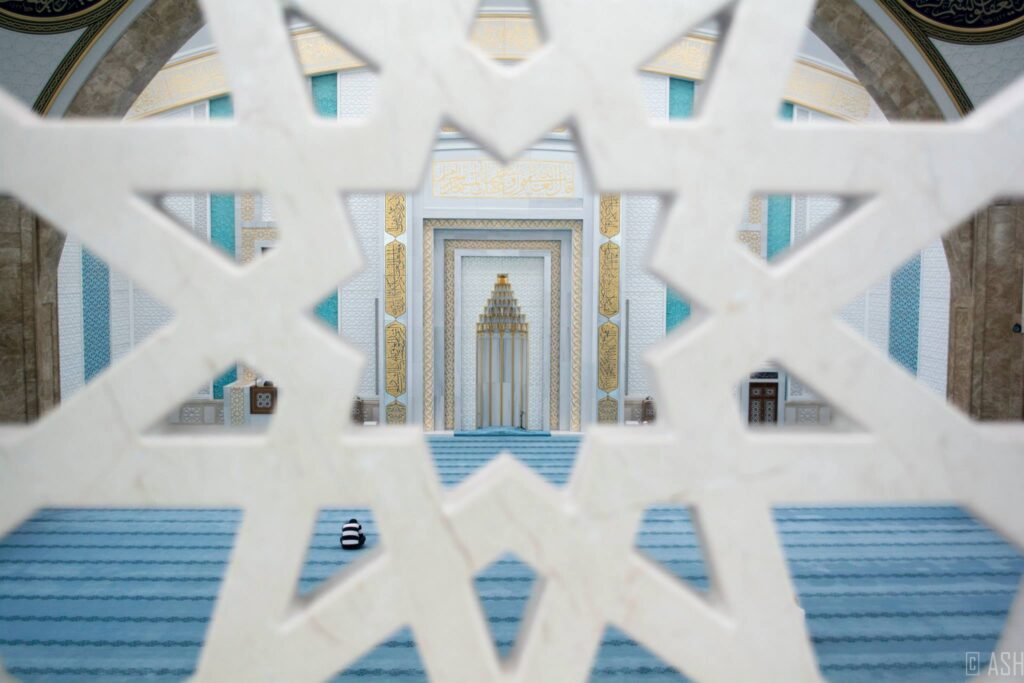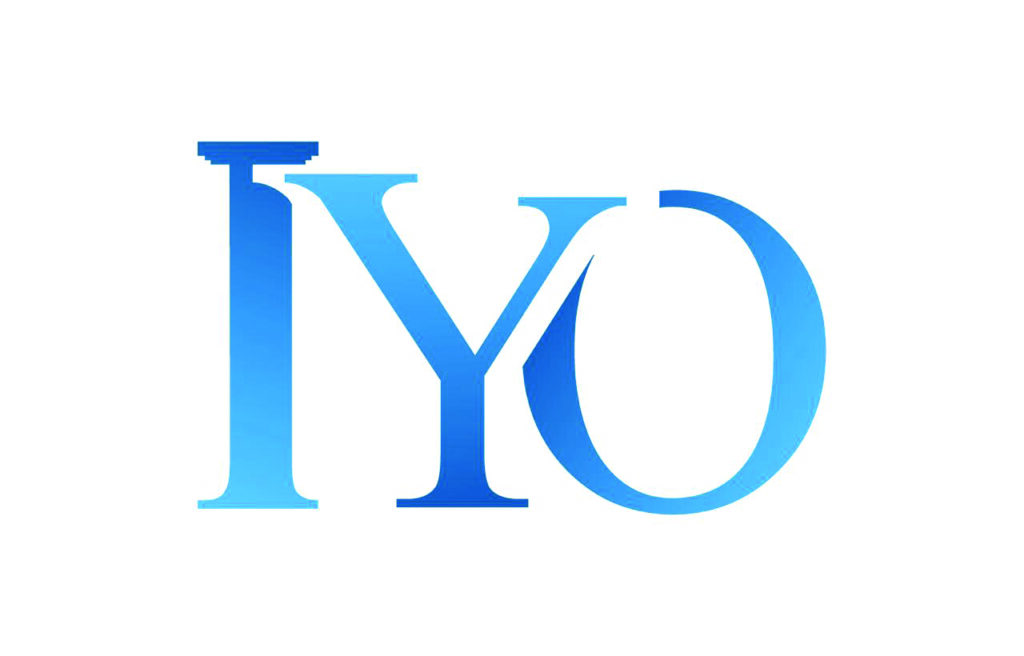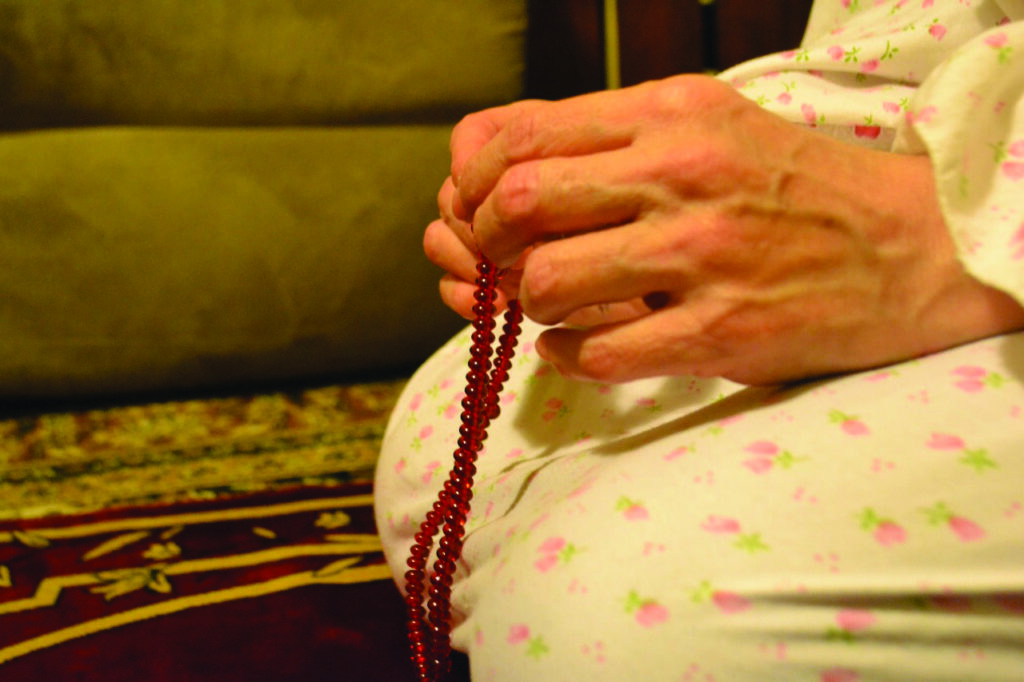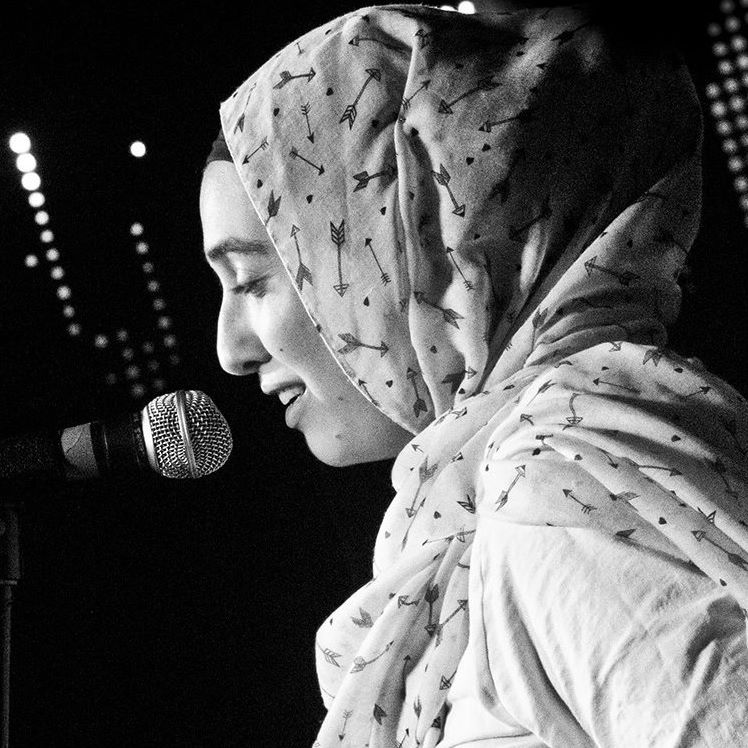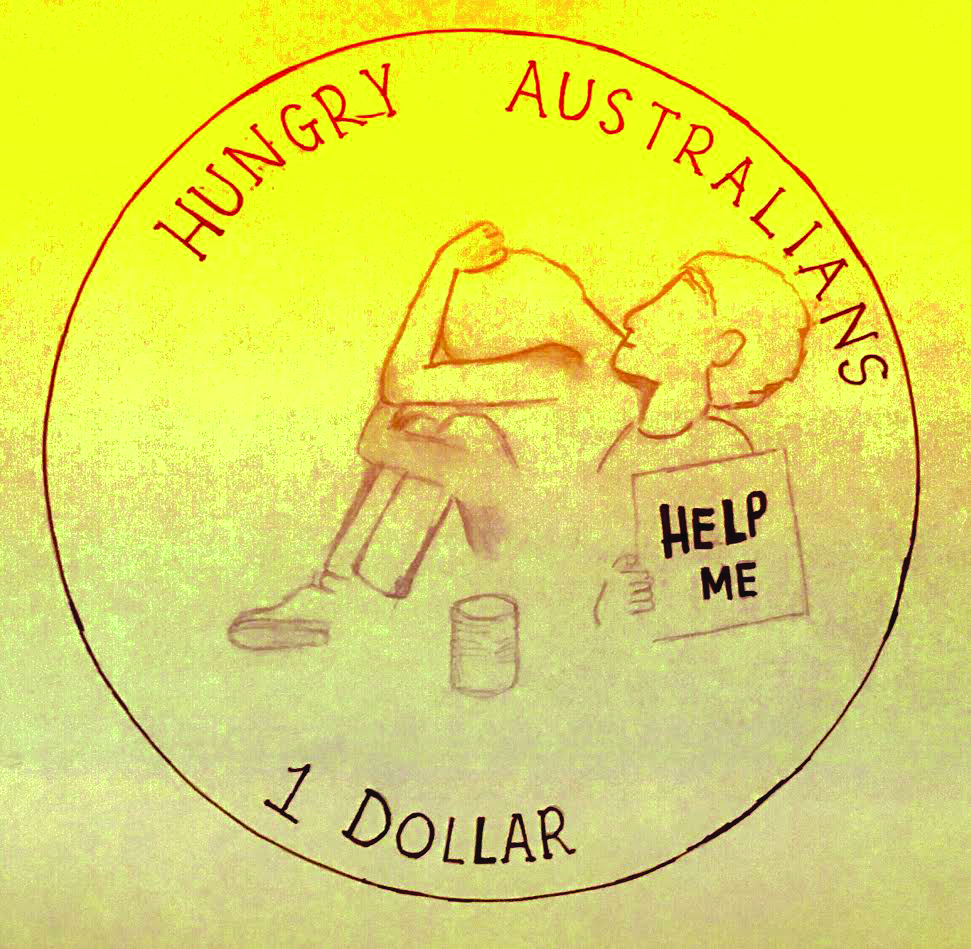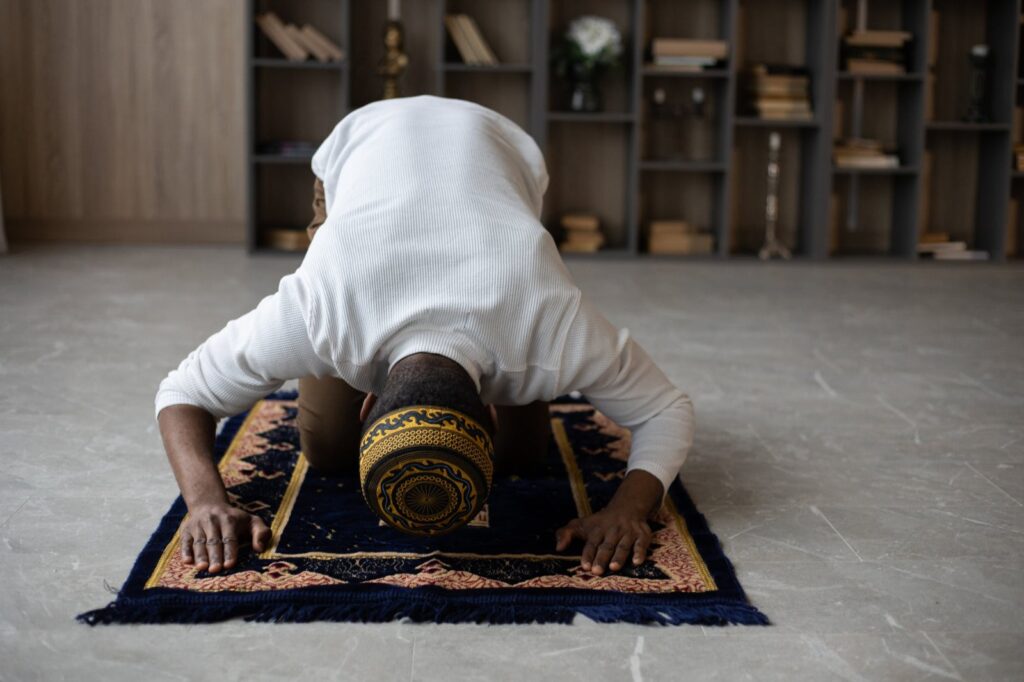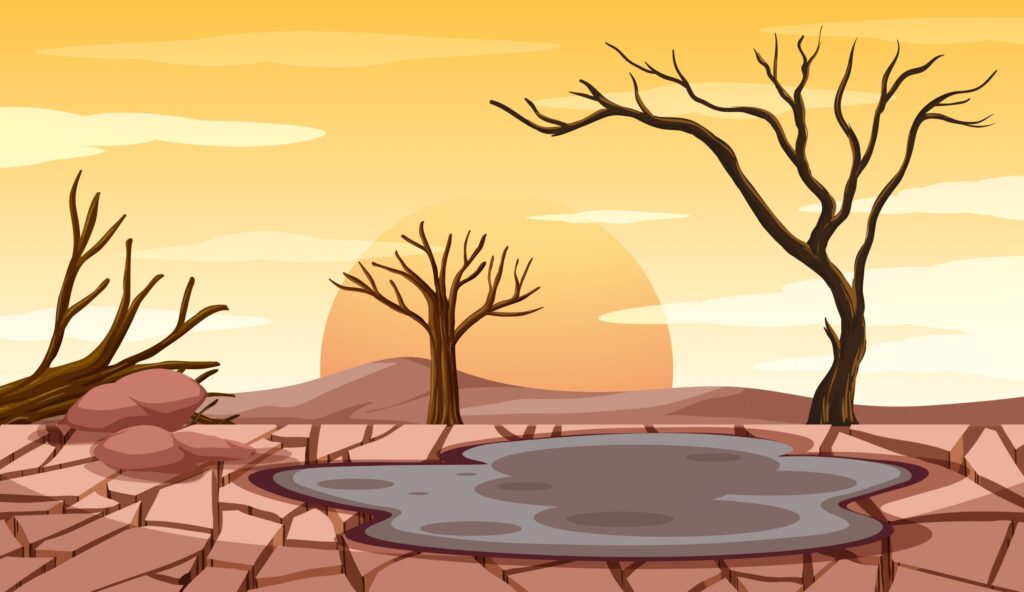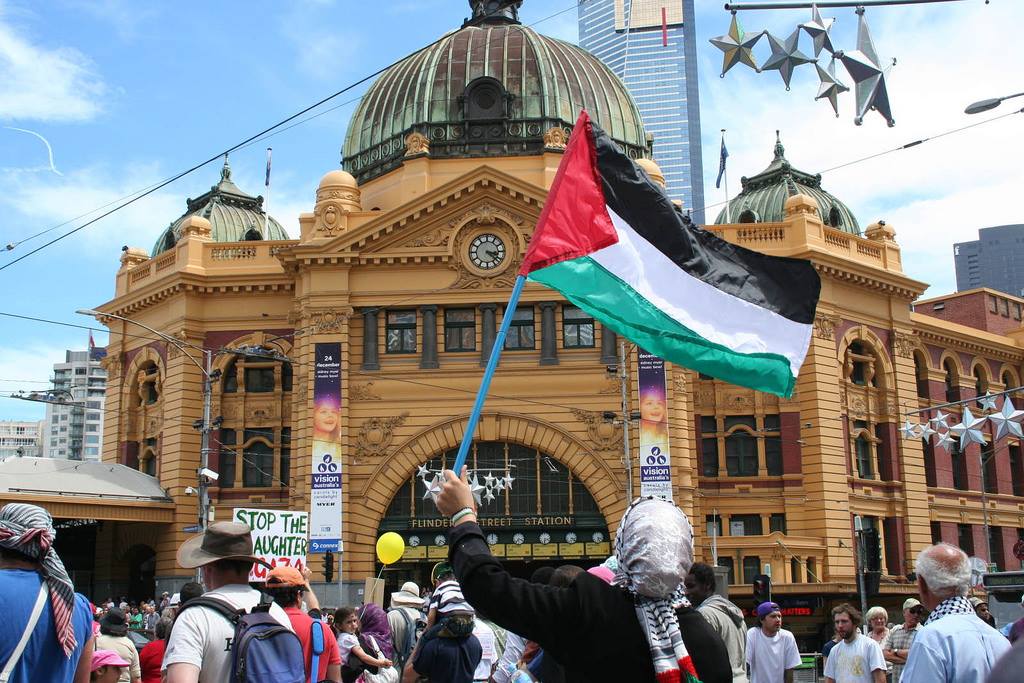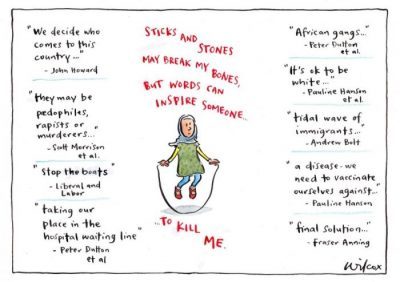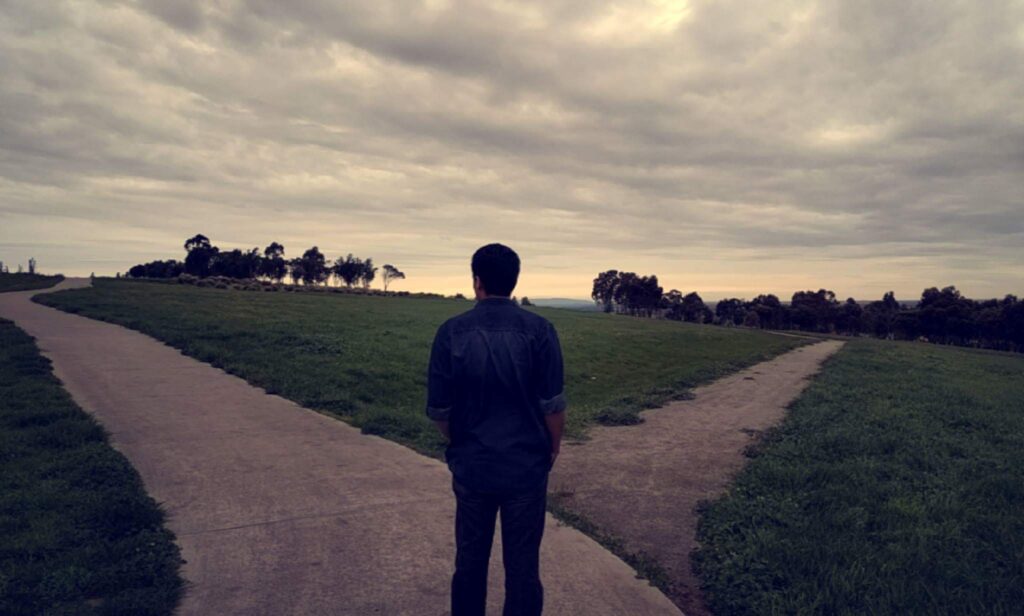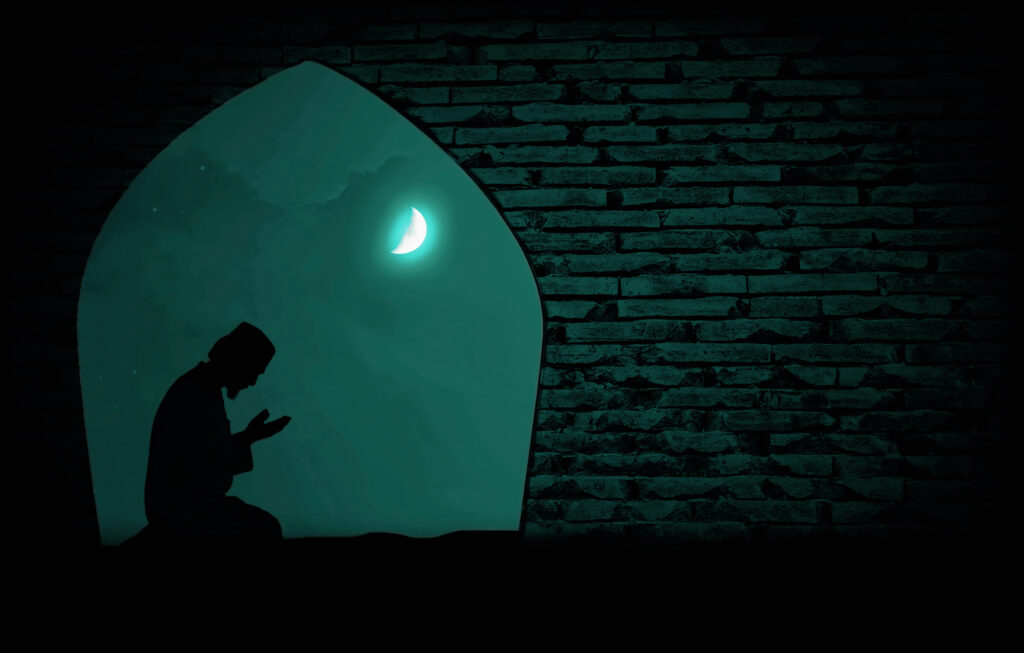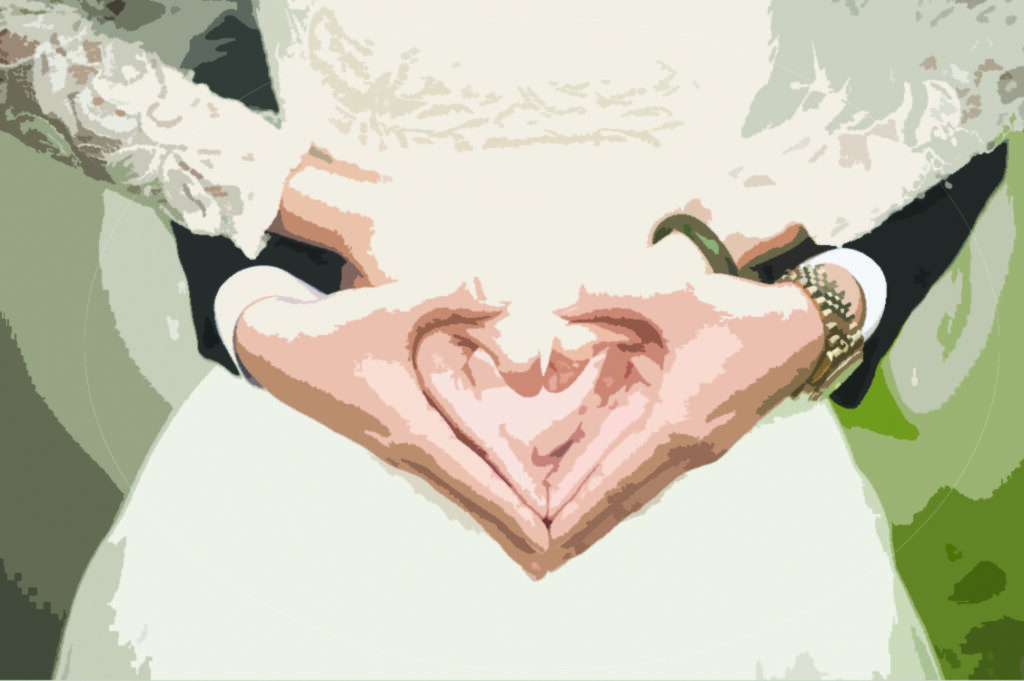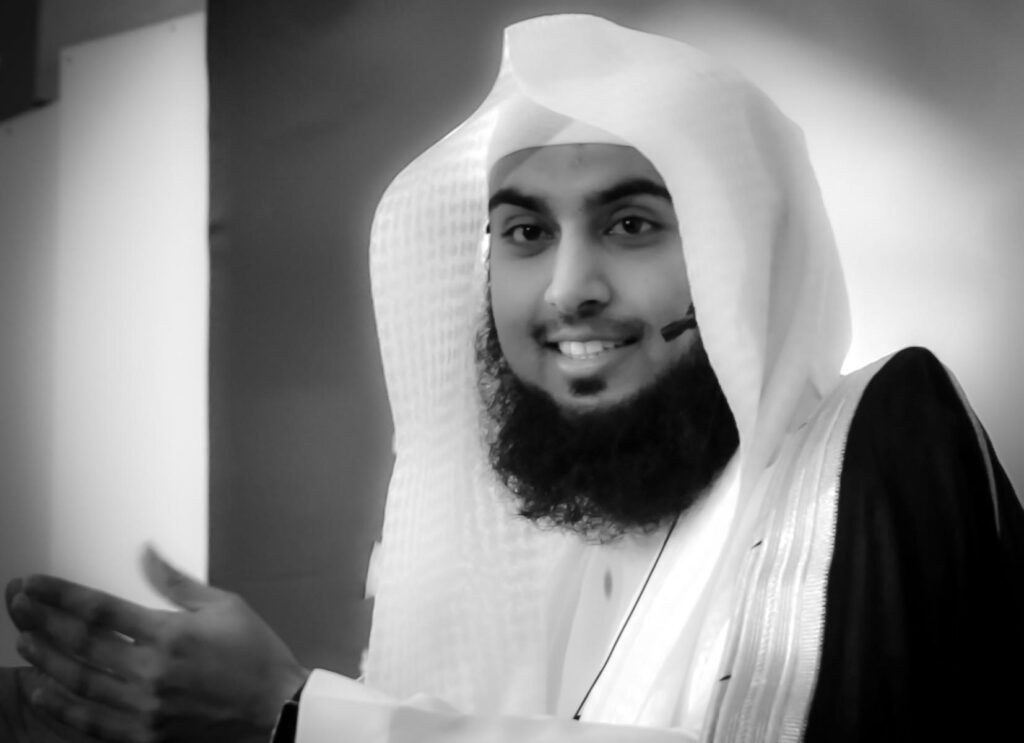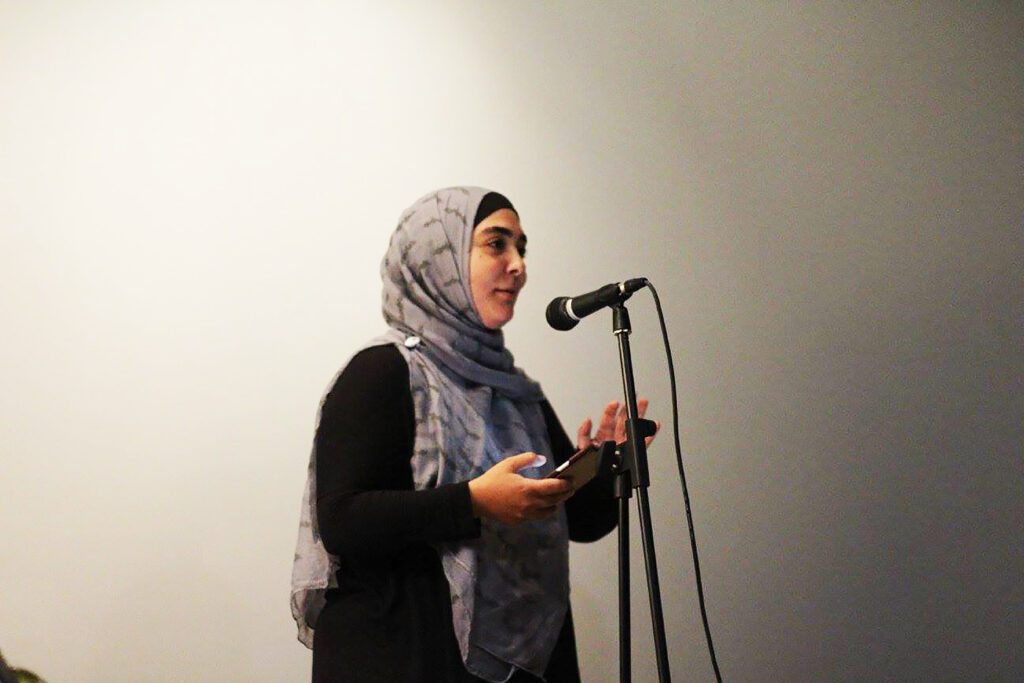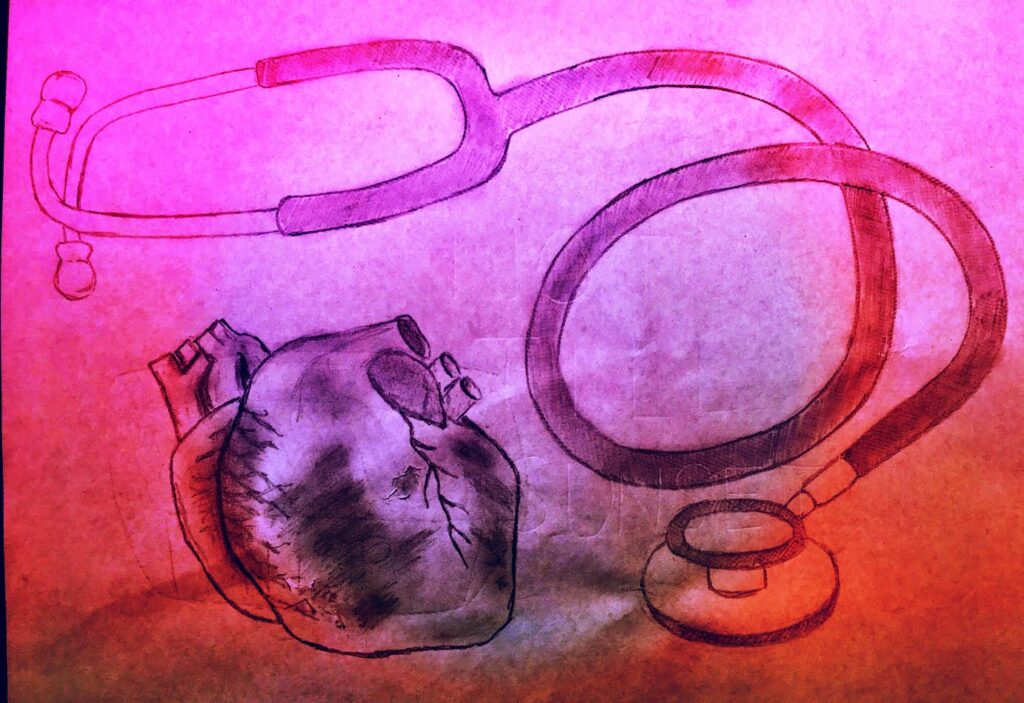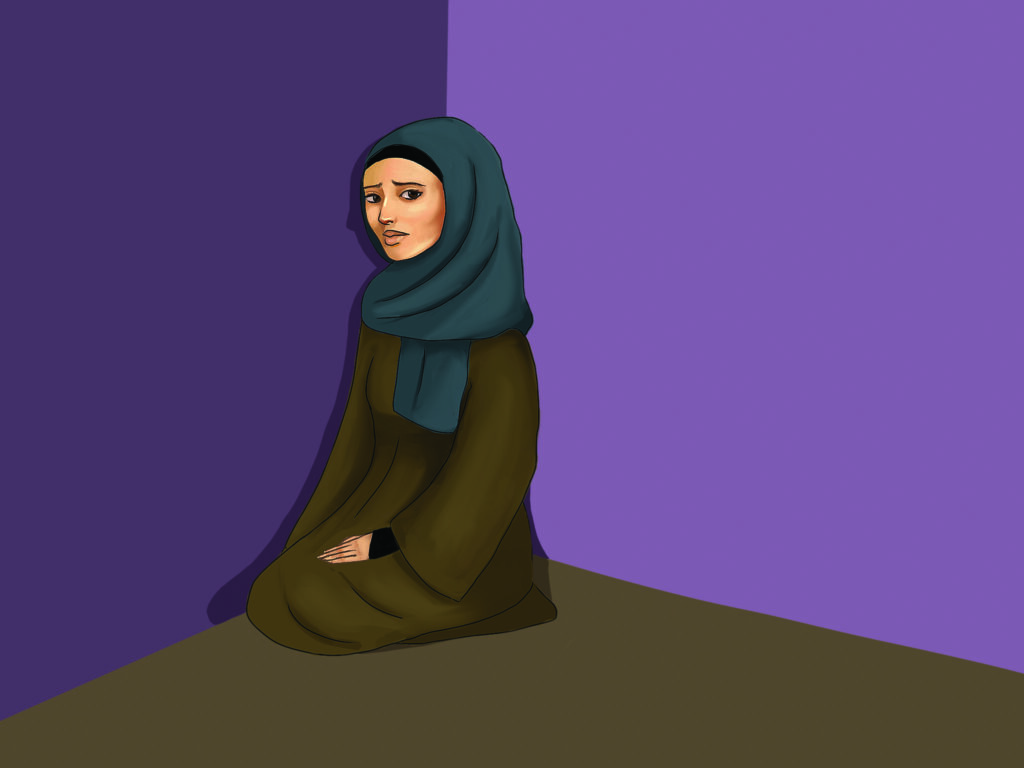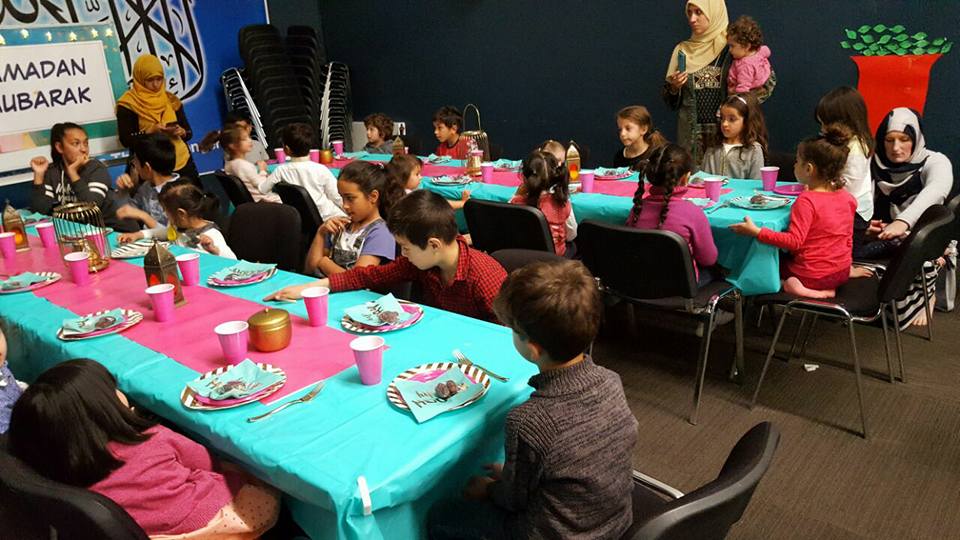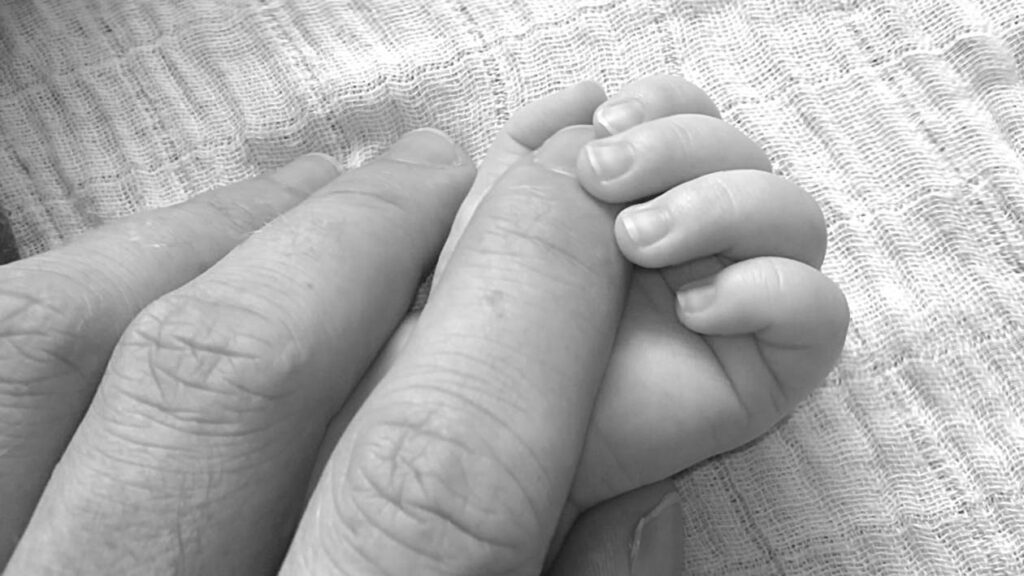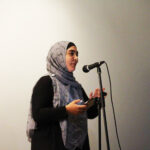Transformers
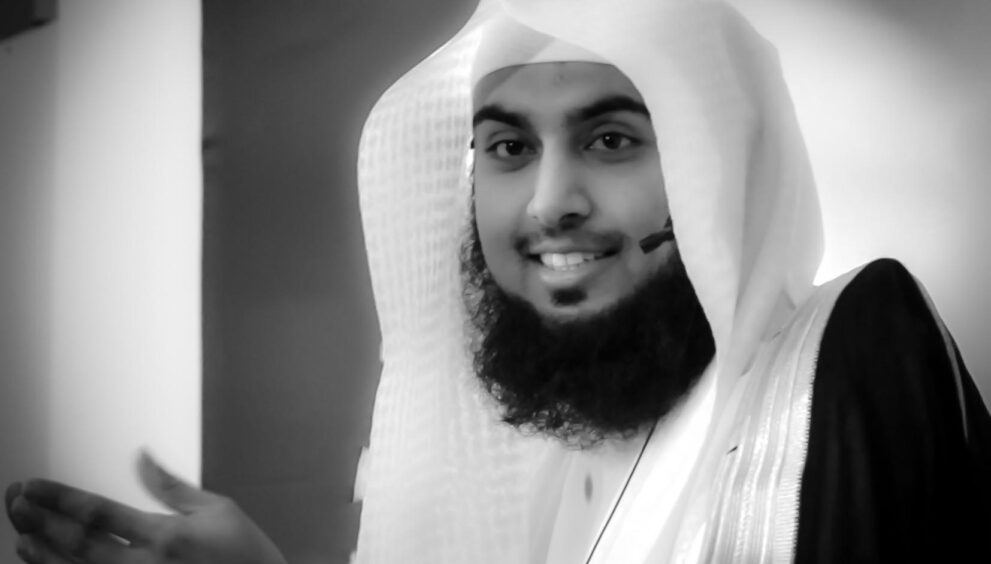
From Knowing To Growing
In our hands, we seemingly hold access to information on almost every product and news story in the known universe. If we were to wake in the middle of the night and check our devices, we would probably be greeted by an offer from a travel agency, a weather forecast update, and perhaps even the latest data from our most followed stock market.
The same ease of access can be observed, to some degree, in the dissemination of Islamic knowledge today. The last twenty to thirty years has seen an explosion in courses, lectures, articles, online universities, and online corpora of hadith and tafsir, all in a language of our choosing. In addition, we have seen a noticeable increase in the variety of learning resources made available to Muslims across the board. Conferences are sold out, masjids and Islamic centres have multiplied across the world, and Islamic societies in universities have increased in membership and number, Alhamdulilah.
An appeal from the heart
In 2015, I took to a popular stage and spoke about the celebrity-fan culture which I felt was negatively dressing the ‘dawah’. I followed up my live discussion of the issue with an article related to the topic around a year later. With Allah SWT’s mercy and guidance, both the lecture and the article achieved a global reach. Whilst a minority manifested themselves as being part of the problem through conveniently missing the clear message of my address, and deducing incorrect conclusions as a result, the vast majority appreciated the topic being addressed on a public platform. Many expressed concerns over their current levels of belief, despite their constant perusing of available lectures and reminders online.
“If we were to look inward, we would see that the prior generations had firmness in their faith (thabat) and worship, despite not having the same access to knowledge and the resources we have. The iman of past generations seems to have thrived despite poverty, civil war, and strife, while our iman experiences regular unacceptable peaks and troughs despite the explosive quantity of knowledge at our fingertips today and despite the abundance and ease of life which we relatively enjoy.”
Another said:
“Many of us found ourselves drawn to Islam out of curiosity, pain, or simply a deeply felt need for answers to the ‘big questions’. We really needed to become more knowledgeable of the basic tenets that are supposed to form our foundational knowledge to interpret the world around us. However, lectures and conferences became a means of meeting like-minded people, being part of the hype, as well as doing some low-intensity, causal learning through beneficial reminders. We now have realised that we got our priorities mixed up. We felt good with all the movement, and we have now learnt that there was just no desired progress”.
I for one, was unsurprised by these confessions, as my public outcry on the topic was only because I too observed these mixed priorities falling like confetti over our Muslim learners. Everything great has a structure and process. As such, when we dedicate ourselves to randomness, after a certain extent, we walk away from our ‘Islamic activity’ feeling as though we have not really progressed in the understanding or practice of our deen in any meaningful way. At this stage, restlessly searching for temporary inspiration by flitting from one lecture to another becomes solely a way to tick boxes, ‘I am doing Islamic things’. In the end, we realise this ‘inspirational’ stage is not sustainable, as it leads to dependency on short-term ‘Iman boosts’, and seeking knowledge as an activity, rather than something transformational. If we allow this to continue, our learning engagements will become unfruitful, leading us to either plateau in our journey to Allah SWT, become frustrated, or worse yet, let our Iman decay as seeking knowledge continues as a meaningless activity.
With that being said, I would hope I am not misunderstood. It goes without saying that inspiration, both online and on-site, has its place in the development of our Hereafter. Our sources are filled with inspiration and I have been blessed to share many a lecture I would consider to be from the inspirational genre. We are also blessed to have in our company a plethora of those who speak phenomenally well and lift our hearts and souls through their lectures. This is a blessing from Allah SWT, and we should remember those speakers in our dua for their sincerity and efforts in uplifting our ummah. Their efforts are invaluable and most certainly a part of the solution.
However, the basis of my address has always been on the Muslim learner, the way forward, the importance of ‘why’, and the correct ‘how’ in our voyage. After all, progress entails moving from one level to the next, and the reality will always be that no one teacher or institute will facilitate you for the entirety of your potential progress.
I do not seek to disprove, discredit or disrespect anyone, or other existing view with regard to this matter. Every view based on sound evidence will be correct. However, if we do not understand the importance of structure and purpose in that which we do, we risk reaching nowhere with our activities, or worse yet, regressing due to the delusion that we are ‘protecting ourselves’ and ‘progressing’.
A Qur’anic Understanding of Learning
The Qur’an highlights the difference between ‘inspiration and transformation’. In Surah Abasa, the Prophet Muhammad PBUH is guided by Allah SWT for not attending to the questions of a blind companion, Abdullah b. Umm-Maktum. He had approached the Prophet PBUH who was, in that moment, selflessly trying to convince some disbelieving notables regarding the purity of Islam and the worship of only one God.
Allah SWT says in His guidance to the Messenger PBUH regarding the queries of the blind companion:
“For all you know, he might have grown in spirit (through your teaching), or been reminded of something useful to him.” [80: 3-4]
In the context of learning and transforming, we see that this ayah clearly outlines two possible outcomes when one seeks knowledge:
1. A transformation: Sustainable growth, sustainable development and purification (yazzakk).
2. An inspiration: Meaning words that trigger a reminder of something useful (yadhakkara) obtained from the transformational category of lessons, already in existence within a person.
Through this deliberation, we see the weight of transformational knowledge in effecting real progress and quantum change. Inspirations can only help us if they tie us back to previous foundational (transformational) knowledge governing us as beings. To review: Too much inspiration attached to little or no foundation, equals too much knowledge of ‘what’, without any knowledge of ‘why’ and ‘how’, resulting in a vortex of too much movement, with very little progress.
Transformation requires sincere investment (or what others call sacrifice), the right mind-set, and a respect for process and technique. This means pushing ourselves to take notes, not photos, at talks and events.
Movement vs Progress
“Don’t confuse motion and progress. A rocking horse keeps moving but doesn’t make any progress.” – Alfred Armand Montapert
Newton’s Second Law of motion states that the acceleration of an object is directly proportional to the force and the force’s direction acting on it. It does not just matter how much force you apply to an object, but also in what direction this force is applied. We could prospectively apply lots of effort, but get nowhere as it is in the wrong direction, or has friction working in the opposite direction (in other words, zero net force).
With regards to the context at hand, this law teaches us that, for transformation to occur, there must be force (sincere effort) in the correct direction (focus, doing the right things) resulting in a proportionate amount of progress experienced. Too much movement does not necessarily equate to progress. Progress requires hard work, occasional discomfort, structure, focus, determination and patience.
The level of correct force applied is proportionate to the level of real progress and transformation you will experience as a human being. By design, transformation requires toil. After all, we are not in Paradise yet.
“Easy come; Easy go”
For knowledge to give you some of it, you must give it all of yourself. For this reason, giants from our scholarly tradition, both Muslim scholars and students, travelled from country to country in search of knowledge, at times for a single hadith. They went to such lengths because they knew knowledge would only transform when it was invested in (sacrificed for) and valued. They were intently aware of our inability to value what we obtain instantly, and they were guided to certain realities through contemplations of the Qur’an and Sunnah.
For example, Allah SWTs statement about Musa As’s effort to travel and willingness to invest (sacrifice) for the sake of Allah SWT, until he found the teacher he sought, Khidr AS
“And behold, Moses said to his young companion, ‘I will not cease until I reach where the two seas meet, or l shall spend an exceptionally long time travelling.’” [18:60]
“They journeyed on, and then Moses said to his servant, ‘Give us our lunch! This journey of ours is very tiring.” [18:63][
SubhanAllah! Musa AS possessed an ocean of knowledge and yet taught his student, and by extension, all of us that knowledge is to be sought from the cradle to the grave, and for great change, there surely must be great effort, exhaustion and patience.
“Patience and perseverance have a magical effect before which difficulties disappear and obstacles vanish. A little knowledge that acts is worth infinitely more than much knowledge that is idle.” [John Quincy Adams 6]
After a long journey filled with fatigue and hunger, Musa AS finally finds his teacher Khidr AS. Even then, he receives warnings and repeated exhortations about patience during the learning process:
“He (Khidr) said (To Moses), ‘You will not be able to bear with me patiently – How could you be patient in matters beyond your knowledge?’” [18:69]
Another example highlighting this reality can be found in the numerous narrations which vividly describe our Prophet PBUH’s interaction with revelation, and more subtly, the intense physical exertion that it involved. In one narration, Aisha RA says:
“Verily I saw the Prophet being inspired divinely on a very cold day and noticed the sweat dripping from his forehead” [Bukhari]
According to other narrations;
“The Prophet’s face was red and he kept on breathing heavily for a while and then he was relieved …” [Bukhari]
“Then he embraced me a third time and squeezed me so hard that I almost could bear it no longer, then he released me and said, ‘Read! In the Name of your Lord Who has created (all that exists)” [Bukhari]
Lastly, a highlight in the Sunnah from a hadith often placed at the beginning of a collection of narrations is that of the angel Jibria AS. Despite coming to teach us our religion rather than do any learning, he assumed the form of a well-mannered, well-dressed student. He travelled from the heavens to ask the Prophet PBUH some questions in the most remarkable way. Perhaps this was done to exhibit the mind-set and approach of a true student seeking transformation, as Umar RA narrates:
“There appeared before us a man dressed in pure white clothes, his hair extraordinarily black. There were no signs of travel on him. None amongst us recognised him […] At last he sat with the Apostle PBUH. He knelt before him placed his palms on his thighs …” [Muslim]
I would recommend splitting the article in 2 at this point. The above section was an introduction to the topic and theoretical, the next section is practical.
Applying and internalising Islamic knowledge – some practical points:
If you feel as though you are on a rocking horse, going nowhere despite all the movement, you need to redefine what progress means to you. Instead of becoming further involved in more activities to achieve your goals, engage in those acts that have a greater impact on making progress, and define that progress.
In Islam, progress can be defined by actions, which are of two types:
Actions of the heart: Sincerity, fear of Allah SWT, love of Allah SWT, contentment, removing resentment, jealousy and arrogance, etc.
Actions of the limbs: Charity, prayer at night, kindness to parents, keeping family ties, excellence at work, speaking honestly, avoiding backbiting, vulgar speech and lying etc.
Transformative Action Points
Set a Goal
Understand where you wish to be. A khatib, a family man, a professional, and a citizen desiring firmer grounding in their faith may all have different goals, in terms of their Islamic learning. The starting point for each one will be understanding their creed (Aqida), and understanding how to worship Allah SWT (Fiqh of Worship). It is only after this, that they can branch out into learning about other areas of Islam, which the nature of their lives mandates them to know.
Retrospection
Take a step back and reflect on your own journey in seeking and benefitting from Islamic knowledge. Take a pen and paper and let this come from the heart. To give you some direction on the questions to ask yourself, try to complete the following steps:
a) Gap Analysis: Understand where you currently stand and where would you like to be when it comes to seeking and implementing knowledge. What have you been doing about it, and what would you like to do instead? This is essential in understanding the distance between your current position, and your ideal one.
b) Root-Cause Analysis: Understand where you have fallen short. Ask yourself: Was I engaging in activities that were ineffective? Too much casual learning and not enough serious learning? Too much academic study and not enough practical worship and interaction with the right people? Do I have the wrong friends? Am I a victim of the celebrity-fan culture in my Islamic learning? Am I in the wrong school or city? Thoroughly analyse your gaps and understand the root causes.
Learning Plan
Based on the above, compile a learning plan, set milestones that fall under your goal, and regularly scrutinise and assure your learning consists of:
a) Self-study/light learning: The right lecture series to listen to, or the right book to read. Ensure your choices conform to transformative knowledge before inspirational knowledge.
b) Structured study: Take a course or private lessons with a reputable teacher or at a reputable institute.
c) Companionship: Seek the companionship of people more knowledgeable and pious than yourself; observe their character and spend time with them. Seek them out and thus seek knowledge that is alive in men and women, rather than limiting yourself to books and talks.
Monitoring character traits
Set a self-development plan. This knowledge has to settle in our bodies and hearts, not just our minds. We must be aware of and check on the actions of our hearts and limbs. If this becomes a repeated and internalised routine, they ultimately become character traits coming to us naturally. However, before this, we must first traverse a period of struggle to gain awareness of these traits, deliberately act on them, and slowly internalise them. These traits are an excellent barometer for our practical progress and, in sha Allah, a sign that Allah SWT has accepted our worship of seeking knowledge and is giving us the Tawfiq to apply it.
Solitude (Allocate ‘cave’ days)
Going from knowing about something, to really growing and developing requires a pause with sincere analysis and reflection. This can take the form of distraction-free solitude and time. Through this, new ideas, new approaches and new skills settle. Do not convince yourself of being proficient enough at multitasking. Rather, switch off your internet and connect with your ‘fitrah’. You owe yourself this solitude.
Etiquette
Nothing from the inheritance of the final Messenger PBUH should be considered casual or light. All of it, in its entirety, is heavy. Allah SWT says:
“Verily, We shall send down to you a weighty Word (i.e. obligations, legal laws).” [73:5]
The knowledge we learn will always be evidence for us or against us in both worlds. Thus, the knowledge which allows us to arrive at this wholesome development must be, by design, heavy and weighty on our shoulders – taken in the correct company, way and with the correct teachers. Most importantly, it must be done with sincerity and supplication, as Allah SWT revives the dead hearts as He does the dead earth. Seek knowledge while in a state of ablution, dressed well, listening attentively whilst seeking Allah SWT’s forgiveness. Supplicate to Him often, because without the adab of seeking knowledge, it will not come to you with Allah SWT’s blessing.
Respect the journeyman scholars and du’at, but correctly revere your ‘local’ scholars and du’at. The travelling scholar has covered long distances to propagate the inheritance of the final Messenger PBUH and the local scholar is becoming increasingly rare.
More often than not, transformation occurs due to local, reputable and capable scholars and du’at who support and guide members of their communities on a daily basis, irrespective of any appreciation or recognition. It is true that we may have our ‘favourites’; nevertheless, we must respect the process of transformation and its tie to local scholarship.
Learn to say ‘No’
It is perfectly acceptable to forgo attending a public lecture if it does not fit into your learning goals. Everything comes at an opportunity cost; spending our time in one place rather than another needs to be a calculated decision and each of us is best aware of our circumstances and situations.
Concluding remarks
If we were to compile a list of ‘Things every Muslim must know’ we will find it includes far more than basic creed, tajweed and fiqh of worship. Muslims are increasingly challenged with atheism, liberalism, identity-crises, increasing levels of depression and anxiety, and even rampant Islamophobia on a daily basis. These are individual and communal challenges that can be navigated through seeking transformative knowledge, having the right discussions, and the holistic growth and transformation that should result.
Have we, as individuals and communities, adapted to the necessity of obtaining and implementing more of this knowledge? Have we developed an ability and method of learning that which we truly need to learn, and then transforming through that knowledge? Have we gone beyond what our institutions and public lectures have to offer, or have we become complacent and retrogressively reliant on them?
These are, no doubt, difficult questions. But, if we are to embody the Qur’an and Sunnah – beyond reading and memorising, we require a strong and calculated effort to filter, sacrifice ourselves for and transform through the knowledge that we gain for Allah SWT’s sake.
I pray that this becomes the case for us all.
————————————
Sheikh Sajid Umar

